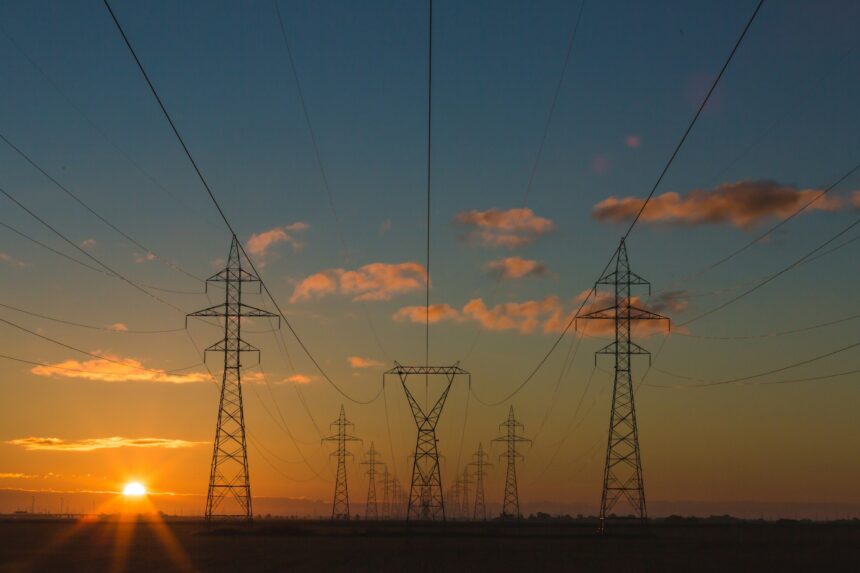In an era where technology is rapidly evolving, the concept of smart grids is emerging as a revolutionary force in energy management. Smart grids represent a significant leap from traditional power grids, integrating advanced technologies to enhance the efficiency, reliability, and sustainability of energy distribution.
What Are Smart Grids?
Smart grids are modernized electrical grids that use digital communication technology to detect and react to local changes in usage. Unlike traditional grids, which rely on a one-way flow of electricity, smart grids enable a two-way flow of electricity and information, allowing for more dynamic and efficient energy management.
The Evolution of Energy Management
The transition from traditional grids to smart grids marks a significant evolution in energy management. Traditional grids, which have been in use for over a century, are often plagued by inefficiencies, power outages, and an inability to integrate renewable energy sources effectively. Smart grids address these issues by incorporating advanced technologies such as sensors, smart meters, and automated control systems.
Key Features of Smart Grids
Advanced Metering Infrastructure (AMI)
AMI systems are a cornerstone of smart grids, providing real-time data on energy consumption. This data allows utilities to optimize energy distribution and helps consumers make informed decisions about their energy use.
Renewable Energy Integration
Smart grids facilitate the integration of renewable energy sources such as solar and wind power. By dynamically adjusting to fluctuations in energy production, smart grids ensure a stable and reliable energy supply.
Enhanced Reliability and Resilience
Smart grids are designed to be more resilient to disruptions. Advanced sensors and automated controls can quickly identify and isolate faults, minimizing the impact of power outages and improving overall grid reliability.
Benefits of Smart Grids
Smart grids offer numerous benefits, including improved energy efficiency, reduced operational costs, and enhanced environmental sustainability. By optimizing energy distribution and reducing waste, smart grids contribute to a more sustainable energy future.
Energy Efficiency
One of the primary benefits of smart grids is their ability to enhance energy efficiency. By providing real-time data on energy consumption, smart grids enable utilities to optimize energy distribution and reduce waste.
Cost Savings
Smart grids can significantly reduce operational costs for utilities. Automated systems and real-time data allow for more efficient energy management, reducing the need for costly infrastructure upgrades and maintenance.
Environmental Sustainability
Smart grids play a crucial role in promoting environmental sustainability. By facilitating the integration of renewable energy sources and optimizing energy distribution, smart grids help reduce greenhouse gas emissions and promote a cleaner energy future.
Challenges and Future Directions
Despite their numerous benefits, smart grids also face several challenges. These include the high cost of implementation, cybersecurity concerns, and the need for regulatory frameworks to support their deployment. However, ongoing research and development efforts are addressing these challenges, paving the way for the widespread adoption of smart grids.
Implementation Costs
The initial cost of implementing smart grid technologies can be high. However, the long-term benefits in terms of energy efficiency and cost savings often outweigh these initial investments.
Cybersecurity
As smart grids rely on digital communication technologies, they are vulnerable to cyberattacks. Ensuring the security of smart grid systems is a critical concern that requires ongoing attention and investment.
Regulatory Frameworks
The successful deployment of smart grids requires supportive regulatory frameworks. Governments and regulatory bodies must work together to create policies that promote the adoption of smart grid technologies.
“The future of energy management lies in the integration of smart grid technologies, which promise to revolutionize the way we produce, distribute, and consume energy.”
John Doe, Energy Expert
Conclusion
Smart grids represent the future of energy management, offering a more efficient, reliable, and sustainable approach to energy distribution. As technology continues to advance, the widespread adoption of smart grids will play a crucial role in shaping a cleaner and more sustainable energy future. By addressing the challenges and leveraging the benefits of smart grid technologies, we can pave the way for a more resilient and efficient energy system.









